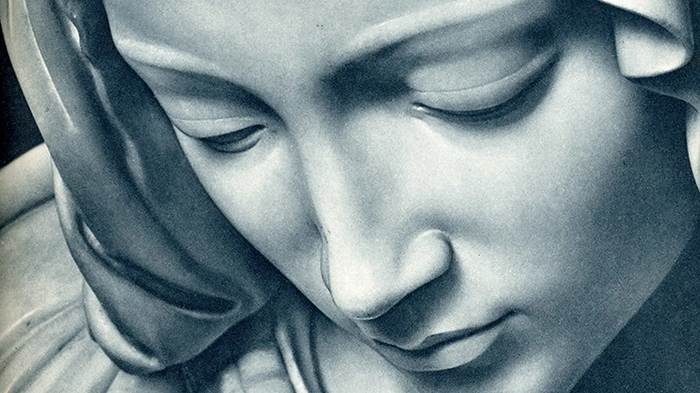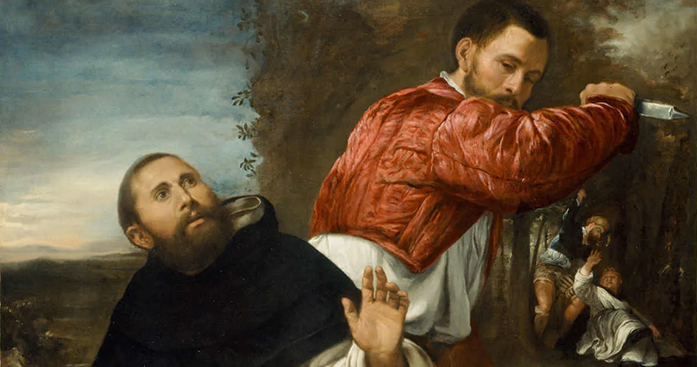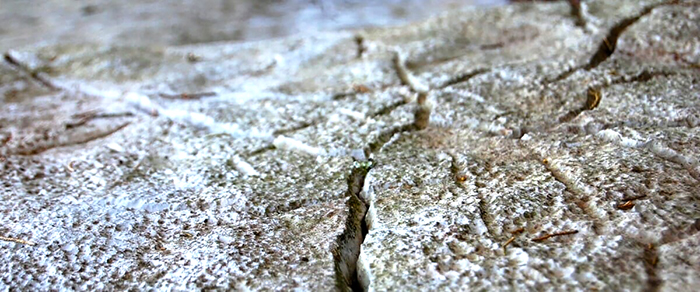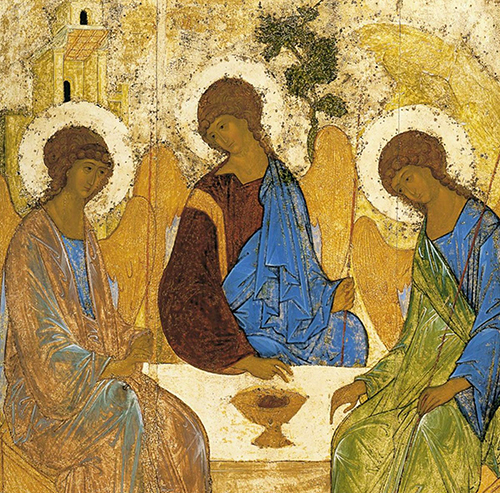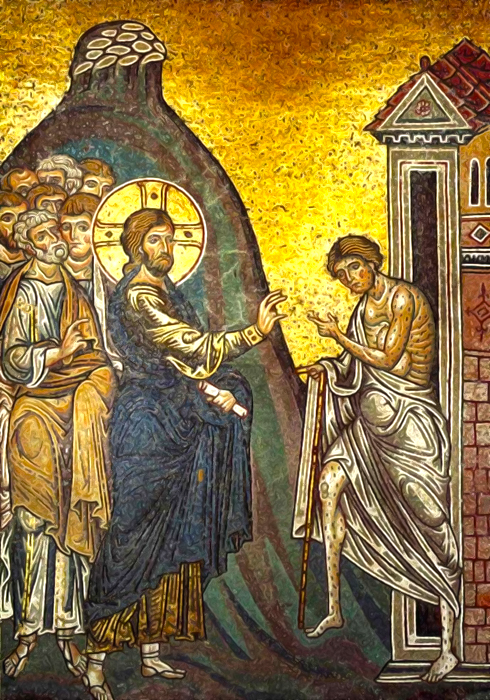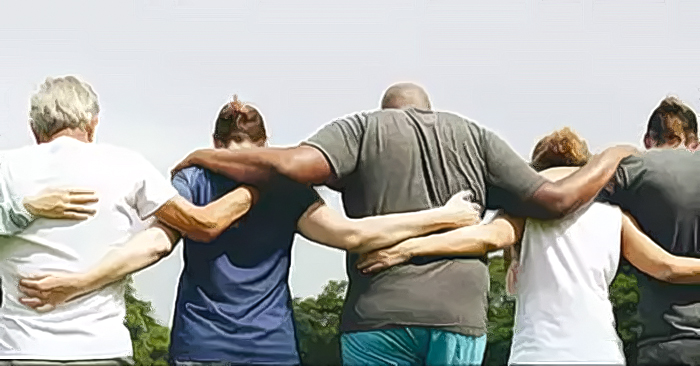
Thomas Aquinas writes that God is in all things by essence, presence, and power. “Where is God?” The correct answer is everywhere. When you let that sink in, everything changes. Thomas Aquinas also said that God delights in drawing us into his causality, meaning we can participate in what God wants to accomplish. So those two options—God as the almighty Father overseeing my choices and God as Holy Spirit working through my choices – actually dovetail. Bishop Robert Barron writes that he becomes much more of himself in the measure that he surrenders to God. We’re not two wills competing on the same plane, but instead, we can say with the prophet Isaiah, “Lord, it is you who have accomplished all that I have done.” I’ve used the image before of my Waze GPS app, which gives traffic directions. When you make a wrong turn or, in my case, when I think I know better and choose to ignore the directions (which I’ve learned never benefits me), the Waze voice doesn’t scold me or upbraid me. Instead, it simply recognizes I made a wrong choice and immediately shows me how to get on the right track again. To me, that’s a great image of the grace of God. We are making wrong turns all the time. It’s that stubborn thing in all of us where we say, “Lord, I’ve heard your voice in Scripture, in the liturgy, in the sacraments, in the counsel of my spiritual director and confession. I’ve heard your voice; I know it’s the right way… but no, no, no, I’m going to make this wrong turn.” God allows us to make this mistake, reshuffles the deck, and finds a way to get back on the right track. So, part of casting away fear is learning to trust the voice of God, which comes to us in a hundred different ways every day. And as the scripture reflection verse says today, God speaks to us through the very words he imparted to the prophets that we have access to today in the holy scriptures. He speaks to us through the people he brings into our lives. And he speaks to us in the quiet stillness of our hearts. “Be still and know that I am God.”


